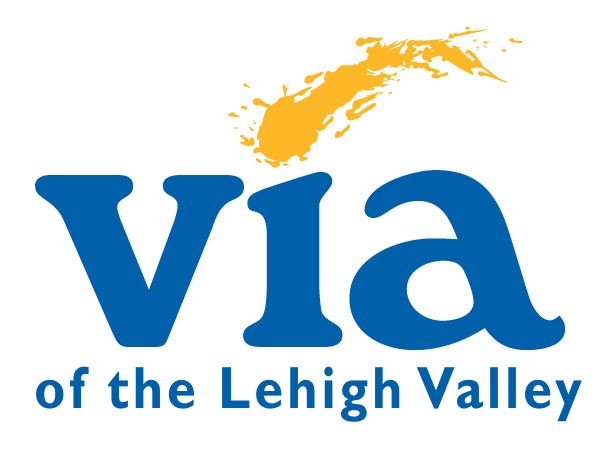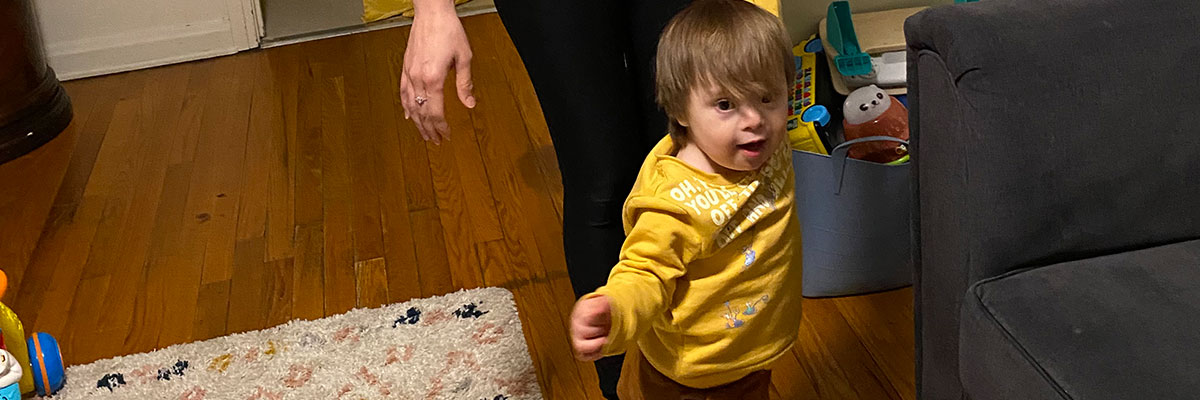Via recognizes that all children develop in unique ways. At times, children experience delays in their development. Via’s Early Intervention services, offered to children from birth through age three, enhance a child’s development and provide support and assistance to families and caretakers.
At the most critical time in a child’s life, our therapists address delays in development and disabilities in infants and toddlers. To better serve families, we visit children in their homes, communities, and childcare facilities. Caregivers are included in the teaching process so therapy can continue in all aspects of the child’s environment.
Early intervention builds upon the natural learning that occurs in a child’s first few years. Via supports more than 250 children and families in Lehigh and Northampton Counties offering speech, occupational, and physical therapies, as well as special instruction.



